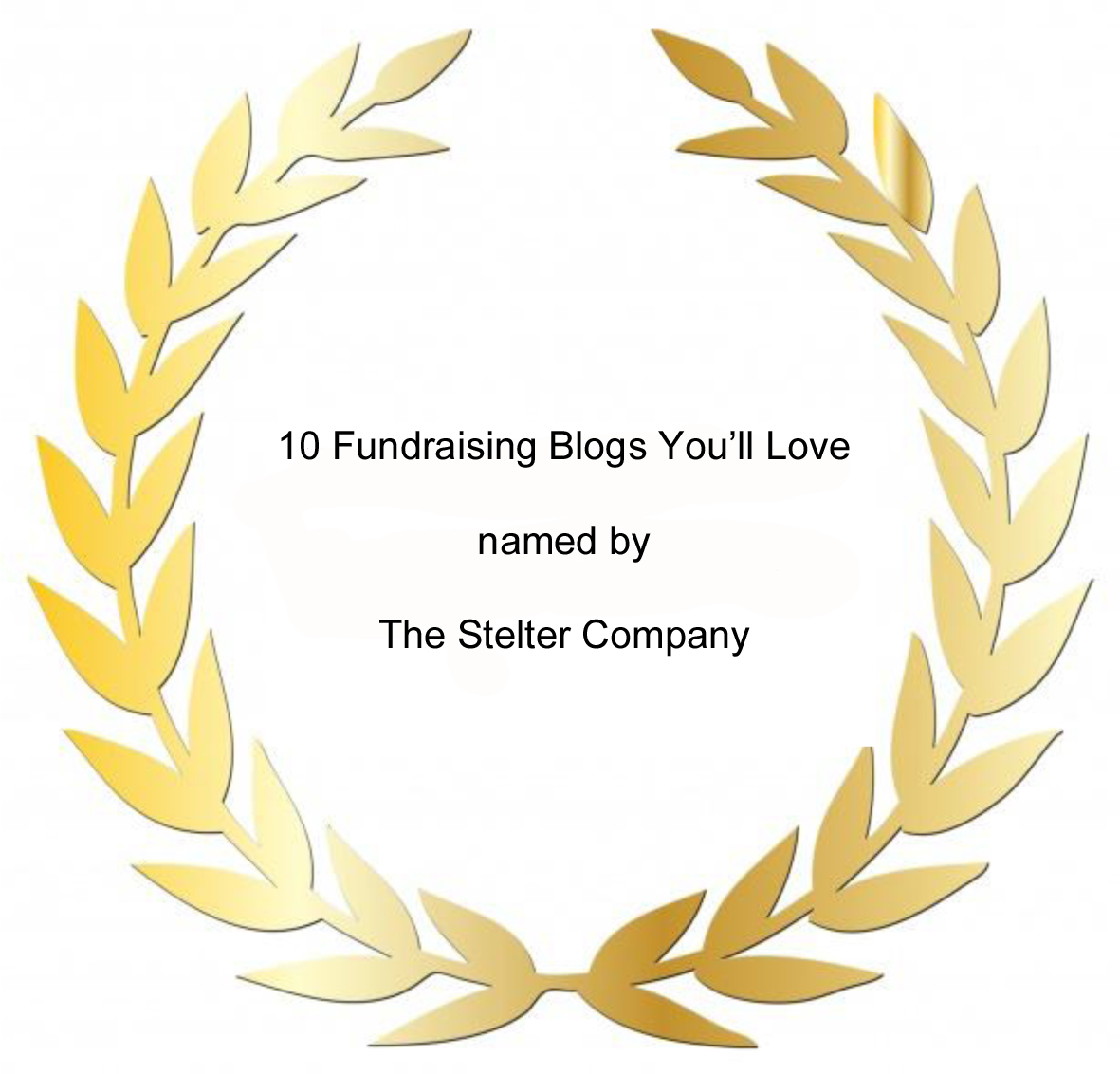I’m not sure. CFRE International is either spinning its wheels or it is poised for growth. Either way, it needs and welcomes our advice.
I see articles and postings that promote the Certified Fund-Raising Executive (CFRE) credential from time to time. Most recently, I saw:
● “New CFRE Website and Online App” posted by Garvin Maffett in the CFRE International Network Group on LinkedIn (Oct. 31, 2013)
● “Are You Certified?” by F. Duke Haddad in FundRaising Success (Nov. 8, 2013)
As someone who has held the CFRE designation longer than 89 percent of all others, I care about and support the credential. So, I’m pleased to see that CFRE  International has a new, easier to use, more robust, more service-oriented website. I’m also pleased to see others promoting the CFRE designation.
International has a new, easier to use, more robust, more service-oriented website. I’m also pleased to see others promoting the CFRE designation.
However, despite my enthusiasm for the CFRE credential, I continue to be troubled. Two years ago on this site, I asked, “Does CFRE Have a Future?” My concerns persist. As of 2012, there were 5,630 CFRE holders worldwide, according to the CFRE International annual report. That’s just a 5.7 percent increase over the number of certified professionals in 2007.
That’s a miniscule five-year growth rate.
Depending on how you count larger (expenditures of $500,000 or more) and active public charities, the sector has seen growth of approximately 12 percent in the US since 2004/05.
That means the CFRE growth rate of 5.7 percent has not even kept pace with the growth rate of the nonprofit sector in the US. Every year, CFRE has been becoming less significant, relative to the market, despite its modest rate of growth.
The number of CFREs relative to the number of development professionals is modest at best. The number of CFREs in the US and Canada is about 17 percent of the number of members of the Association of Fundraising Professionals.
Since AFP only has modest market penetration as well, let’s also look at the number of organizations that might employ fundraisers. There are 275,000 public charities in the US with expenditures of $500,000 or more. Many of those employ at least one development professional. The number of CFREs is about 1.7 percent of the number of larger public charities.
That’s a small market penetration rate.
In 2007, CFRE International’s expenditures totaled $629,000. In 2012, expenditures increased by 49 percent to $939,000.
That means that while the CFRE International budget grew by 49 percent, the number of CFRE holders grew by just 5.7 percent. For a lot more money, we’re not seeing a lot more CFREs.
I recently spoke with Eva Aldrich, President/CEO of CFRE International. She seems to understand the challenges and opportunities that exist for the organization. She’s also receptive to hearing fresh ideas.
During our conversation, Aldrich expressed some pride in the fact that the number of new CFRE applicants in 2013 is up 5 percent. While that’s certainly positive news, it represents only incremental growth. For the CFRE credential to have significant value for the profession and the broader public, we need to see more than incremental growth. We need to see massive growth.
As long as CFRE International thinks that 5 percent growth in the number of new applicants is good, we will continue to see incremental growth, at best.
I encourage CFRE International to change its institutional culture. CFRE International needs to adopt a culture and a plan that looks at doubling or tripling (or more) the number of CFREs within the next five years. This should involve more than creative marketing strategies to fundraisers. CFRE International will also need to look for ways to enhance the perceived value of the credential in order to attract more professional interest in it.
Massive growth is possible if CFRE International thinks big. Conversely, it will never happen as long as CFRE International continues to accept incremental growth.
In the spirit of being constructive and supportive of CFRE International, I have a challenging question for you:
What can CFRE International do to dramatically increase the number of certificants in five years?
Please respond by posting a comment below. I’ll make sure the folks at CFRE International see your suggestions.
That’s what. Michael Rosen says… What do you say?








